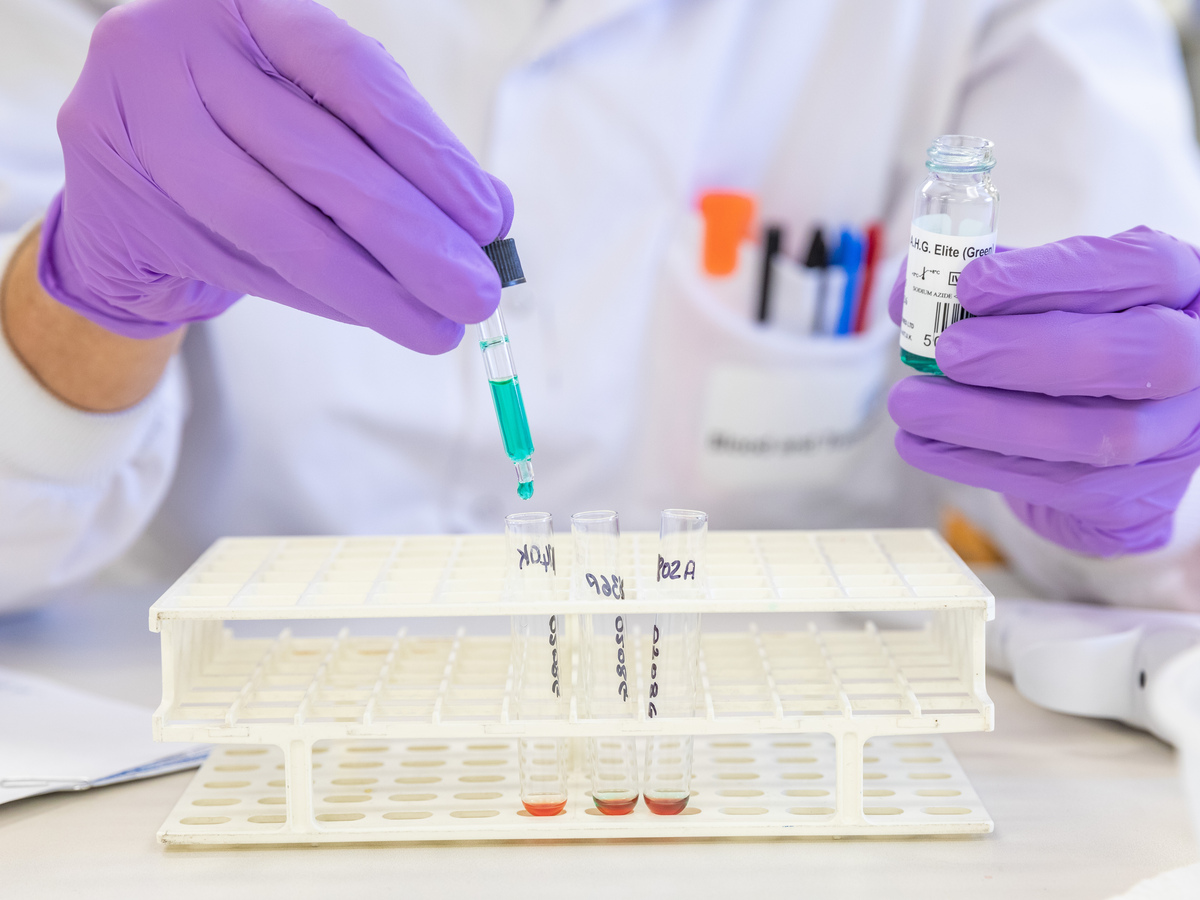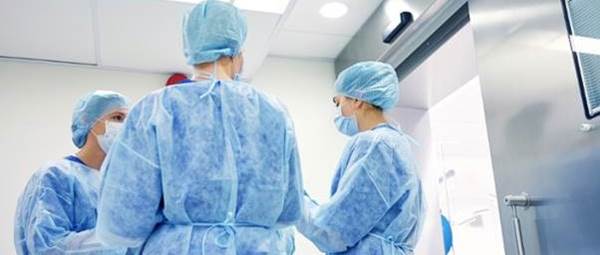Liver transplant tests
You'll need lots of tests to see if you’re able to have a liver transplant
Key points
- The tests determine whether you are fit enough to cope with major surgery
- Blood tests will check your blood group so you can be matched with a donor
- Heart, lung and other specialist tests are also needed to check your fitness for major surgery
Tests to see if you are suitable for a liver transplant
 If your liver doctor thinks that a liver transplant is a possible treatment option, you will be referred for an assessment at a liver transplant centre. This may be as an inpatient or an outpatient, depending on the centre.
If your liver doctor thinks that a liver transplant is a possible treatment option, you will be referred for an assessment at a liver transplant centre. This may be as an inpatient or an outpatient, depending on the centre.
You will be seen and assessed by a consultant transplant anaesthetist. The anaesthetist is the doctor responsible for giving you an anaesthetic and monitoring your condition during the operation. The anaesthetist will review you at either a pre-assessment clinic or during your in-patient assessment stay.
During your assessment you will have lot of medical tests. These are designed to make sure you are physically fit enough to have a liver transplant.
The information below gives details of some of the tests you are likely to have.
Blood tests
You will need lots of blood tests to check your general health, blood group and tissue type.
Antibody tests
Your doctor will need to check if you have any antibodies in your blood that might make it harder for you to receive a transplant.
Antibodies to tissues that are not your own can be formed if you’ve previously had a blood transfusion, pregnancy or transplant. Once these antibodies form, it is very difficult to remove them. These antibodies increase the risk of some liver transplants being rejected. The team looking after you will let you know if you have these antibodies in your blood, and how they might affect a liver transplant.
Heart, lung, blood vessel and specialist tests
Your doctor will need to know how healthy your heart and lungs are, and whether you have any cancers or serious infections.
What happens next?
Once all your results are back, a team of specialists will review your case to assess your suitability for a liver transplant. The decision-making is often complex, taking into account your clinical condition, family support and potential for recovery without a liver transplant.
National criteria for selecting patient suitable for a liver transplant
All transplant teams in the UK must follow the national criteria for selecting patients suitable for a liver.
View the national criteria for selecting liver transplant patients (POL195)
More information
Related content
Medical terms explained
Antibodies
Antibodies are proteins produced by your immune system. They recognise and fight against foreign substances, such as germs (bacteria, viruses) or ‘foreign’ tissue types. Certain antibodies in your blood can make it more likely for your body to reject your transplanted liver.
Antigens
These are substances that cause an immune response in the body.
Biopsy
This is when a very small piece of tissue is taken for analysis.


